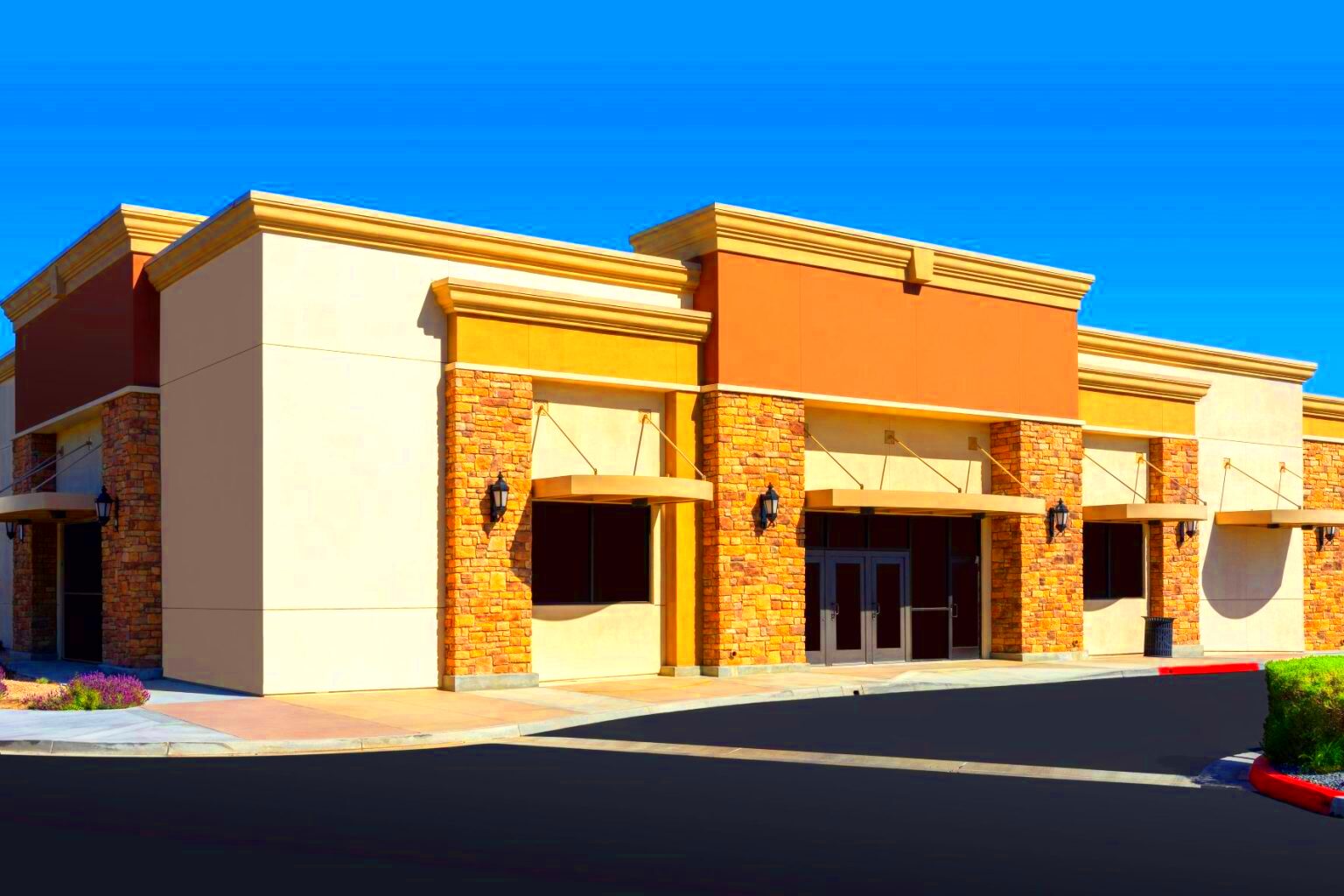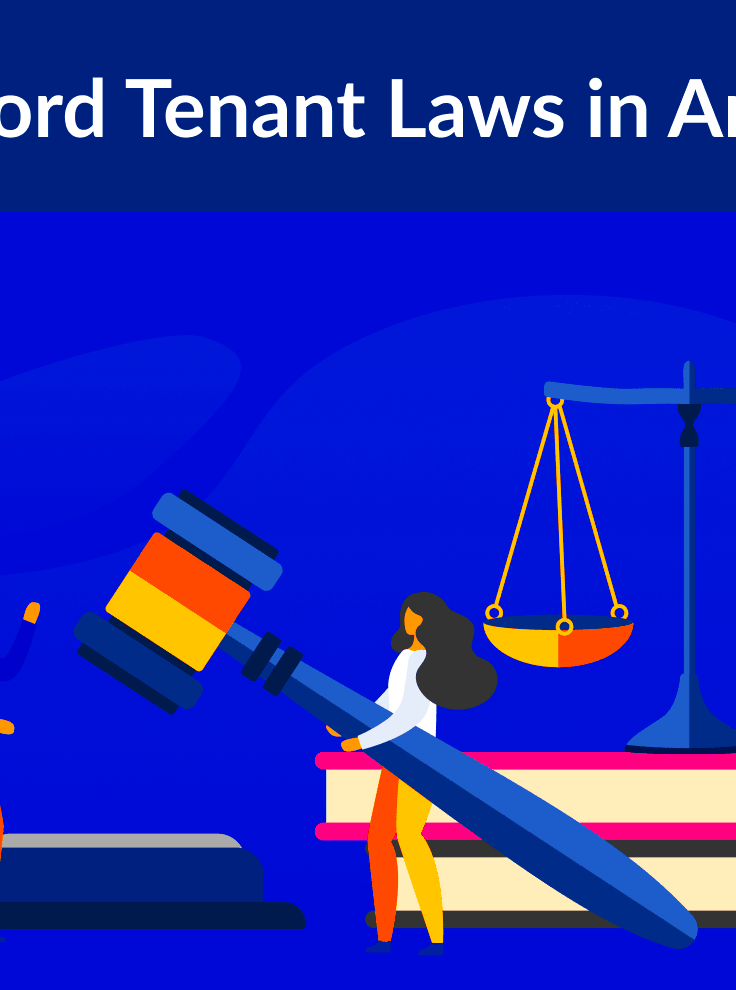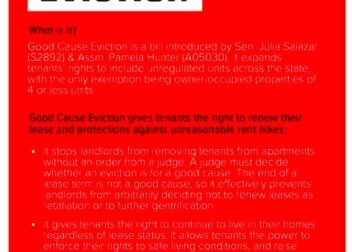Understanding Commercial Landlord Tenant Law in Arizona
In Arizona the laws that govern landlords and tenants in commercial real estate play a role in ensuring a fair leasing process. This aspect of law is vital for anyone engaged in renting or leasing commercial spaces as it clarifies the rights and responsibilities of both landlords and tenants. Based on my observations I have witnessed the importance of keeping parties informed to prevent potential disagreements. Being aware of these regulations promotes a smooth and professional relationship reducing the likelihood of misunderstandings or conflicts.
Key Regulations for Commercial Leases in Arizona

In Arizona the regulation of commercial leases is mainly dictated by state laws and the provisions outlined in the lease contract. Here are a few important rules to note:
- Lease Agreement Terms: The lease agreement should clearly outline terms such as rent amount, payment schedule, duration of lease, and renewal options. Arizona law requires that any changes to the lease must be in writing.
- Rent Increases: While rent increases are generally permissible, they must comply with the terms specified in the lease. Landlords must provide proper notice of any increase as stipulated in the lease agreement.
- Security Deposits: Arizona does not have specific laws regulating security deposits for commercial leases, but they should be handled according to the terms agreed upon in the lease.
- Maintenance Responsibilities: The lease agreement should specify who is responsible for property maintenance and repairs. Typically, landlords handle structural repairs, while tenants manage day-to-day upkeep.
Based on what I’ve seen it’s really important to have a lease agreement in place. It acts as a guide for settling any disagreements and makes sure that both sides are aligned.
Understanding Lease Agreements and Their Terms
Lease contracts for commercial spaces in Arizona are comprehensive papers that specify the particulars of the leasing agreement. Heres what to keep an eye out for;
- Lease Duration: Commercial leases can be short-term or long-term. Ensure the lease term suits your business needs. Common terms range from one to five years, but some may extend longer.
- Rent Details: The lease should specify the amount of rent, due dates, and any additional costs like utilities or property taxes. It’s important to understand if there are provisions for rent escalation due to inflation or increased operating costs.
- Use Clause: This clause defines what the tenant can use the property for. It’s crucial to ensure that your intended use aligns with this clause to avoid breaches of contract.
- Termination and Renewal Options: The lease should include terms for ending the lease early, renewing it, or negotiating new terms. This flexibility can be beneficial as your business evolves.
From what I’ve seen being clear about these things helps avoid problems down the line. Its wise to go over the lease carefully with a lawyer to make sure everything is set up correctly and that you’re well protected.
Rights and Responsibilities of Landlords
In Arizona landlords have various rights and duties that play a role in upholding a lease agreement. From my personal experiences I’ve witnessed the significance of landlords grasping these responsibilities well.
- Right to Collect Rent: Landlords have the right to collect rent as per the lease agreement. Timely rent collection is essential for maintaining cash flow and managing property expenses.
- Right to Access: Landlords can access the property for maintenance or inspections but must provide reasonable notice to tenants. In my view, clear communication about access times helps in maintaining a good relationship with tenants.
- Responsibility for Maintenance: Landlords are responsible for keeping the property in a habitable condition. This includes structural repairs, plumbing, and electrical systems. I’ve observed that prompt maintenance not only prevents disputes but also helps in retaining good tenants.
- Compliance with Laws: Landlords must comply with local, state, and federal laws regarding health, safety, and tenant rights. Regularly updating oneself on these regulations can save a lot of trouble. From personal experience, I’d advise landlords to consult legal experts to ensure compliance.
In essence being a landlord involves striking a balance between exercising your rights and fulfilling your responsibilities. Its not solely about overseeing a property but also about nurturing harmonious relationships with tenants.
Rights and Responsibilities of Tenants
Under Arizona law, tenants possess certain rights and duties. Familiarizing oneself with these can help avoid disputes and facilitate a hassle free rental journey. Based on my observations tenants who are knowledgeable about their rights and responsibilities generally maintain relationships with their landlords.
- Right to a Habitable Property: Tenants are entitled to live in a property that meets basic health and safety standards. This includes working heating, plumbing, and safe living conditions. I’ve seen how addressing these issues promptly can lead to a more comfortable living environment.
- Right to Privacy: Tenants have the right to privacy and must be given reasonable notice before a landlord enters the property. Respecting this right helps in building mutual trust.
- Responsibility for Rent Payment: Tenants must pay rent on time as agreed in the lease. Regular payment is crucial for maintaining a good rental history. Personally, I’ve noticed that clear communication about payment terms can prevent misunderstandings.
- Responsibility for Property Care: Tenants should maintain the property in good condition, avoid causing damage, and report necessary repairs to the landlord. A proactive approach to property care can help in maintaining a positive relationship with the landlord.
Tenants can have a smooth rental experience and steer clear of conflicts by grasping and fulfilling these responsibilities.
Handling Disputes Between Landlords and Tenants
Conflicts between property owners and renters can occur due to reasons such as problems with upkeep or differences in lease agreements. Based on my observations addressing these conflicts in a way can help avoid worsening situations and create a positive rental experience.
- Open Communication: The first step in resolving any dispute is open and honest communication. Addressing issues as soon as they arise can prevent them from becoming major problems. I’ve found that discussing issues directly with the other party often leads to a quicker resolution.
- Document Everything: Keeping detailed records of all communications, repairs, and payments is crucial. This documentation can serve as evidence in case of disputes. I always advise keeping copies of emails, repair requests, and payment receipts.
- Mediation and Legal Advice: If direct communication fails, mediation can be a helpful step. A neutral third party can facilitate discussions and help both sides reach an agreement. Consulting a legal expert can also provide guidance on how to proceed legally.
- Know Your Legal Rights: Understanding your legal rights and obligations can aid in resolving disputes. Both landlords and tenants should be familiar with Arizona’s commercial lease laws to ensure they are on the right side of the law.
To sum it up tackling conflicts with a perspective, open communication and a well informed approach tends to result in friendly outcomes and helps preserve a professional rapport.
Eviction Procedures for Commercial Properties
The process of eviction for properties in Arizona can be quite intricate and it’s crucial for both landlords and tenants to navigate it smoothly. Based on my observations having a thorough understanding of the procedures can help avoid disputes and legal issues.
- Notice of Default: Before eviction proceedings can begin, the landlord must issue a Notice of Default if the tenant fails to comply with lease terms, such as non-payment of rent. This notice must clearly state the breach and provide a deadline for the tenant to remedy the situation.
- Notice to Quit: If the tenant does not rectify the breach after receiving the Notice of Default, the landlord can issue a Notice to Quit. This notice requires the tenant to vacate the property by a specified date. The time frame for this notice varies depending on the lease terms and nature of the breach.
- Filing for Eviction: If the tenant remains on the property after the Notice to Quit period has expired, the landlord must file an eviction lawsuit (also known as an unlawful detainer action) in the local court. This step involves submitting a complaint detailing the reasons for eviction.
- Court Proceedings: Once the lawsuit is filed, a court hearing will be scheduled where both parties can present their case. If the court rules in favor of the landlord, a judgment will be issued allowing the landlord to regain possession of the property.
- Enforcement of Judgment: If the tenant still does not leave, the landlord can request the court to issue a Writ of Possession, which authorizes local law enforcement to remove the tenant and their belongings from the property.
In my case having a grasp of these stages aids in navigating the eviction procedure seamlessly. Its always prudent to seek advice from a professional to ensure adherence to all legal obligations.
Recent Changes and Updates in the Law
Keeping up with the latest developments in commercial landlord tenant law is essential for navigating the legal environment smoothly. Laws are constantly being updated to tackle emerging challenges and demands. Based on my own experiences staying informed about these changes can greatly impact how property relationships are handled.
- Recent Legislative Changes: Arizona’s commercial lease laws have seen various updates, including changes in regulations regarding rent control and tenant protections. For instance, recent updates might include modifications in how security deposits are handled or new requirements for disclosure in lease agreements.
- COVID-19 Impact: The COVID-19 pandemic led to temporary changes in eviction procedures and tenant protections. Some of these changes have been adjusted or extended, affecting how landlords and tenants interact and manage their obligations.
- Environmental Regulations: New environmental regulations can affect commercial properties, requiring landlords to comply with updated standards for sustainability and safety. This includes managing hazardous materials and energy efficiency improvements.
- Rent Relief Programs: Changes in rent relief programs, especially during economic downturns, can impact how landlords and tenants handle rent payments and arrears. Understanding these programs helps in navigating financial challenges.
Staying up to date with these developments is crucial for both sides in commercial lease agreements. Regularly seeking advice from lawyers can offer valuable perspectives on how these changes impact your unique circumstances.
FAQ about Commercial Landlord-Tenant Law in Arizona
Based on my experiences and observations here are some frequently asked questions regarding commercial landlord tenant law in Arizona.
- What should be included in a commercial lease agreement? A comprehensive lease agreement should include rent details, lease term, maintenance responsibilities, use clauses, and termination conditions. It’s vital to ensure all terms are clearly outlined to avoid disputes.
- Can a landlord increase rent during the lease term? Rent increases are generally governed by the lease agreement. Some leases may allow for adjustments, while others may fix the rent for the entire term. Always refer to the lease terms to understand any provisions for rent increases.
- What happens if a tenant fails to pay rent? If a tenant fails to pay rent, the landlord must follow the eviction process, starting with a Notice of Default. Tenants typically have a grace period to make payment before further legal action is taken.
- How can disputes be resolved between landlords and tenants? Disputes can often be resolved through open communication and mediation. If disputes cannot be settled amicably, legal action may be necessary. Keeping detailed records and seeking legal advice can help in resolving conflicts effectively.
- Are there any recent changes in commercial lease laws I should be aware of? Yes, recent changes may include updates on tenant protections, environmental regulations, and rent relief programs. Staying updated with legal developments and consulting professionals can ensure compliance with the latest laws.
Grasping these frequently asked questions can assist landlords and tenants in maneuvering through the intricacies of commercial leases and upholding a cordial rapport.
Conclusion
Navigating landlord tenant law in Arizona can feel overwhelming at first. However with a good grasp of your rights and obligations it becomes much easier to handle. In my experience effective communication and a carefully crafted lease agreement are essential to prevent disagreements and ensure a hassle free rental journey. Staying updated on legal developments and being aware of the eviction process can also assist in resolving potential conflicts smoothly. By adopting an approach and seeking advice from professionals when necessary both landlords and tenants can nurture relationships and ensure their business operations run seamlessly. Remember being knowledgeable and ready is key to maintaining a commercial lease.


